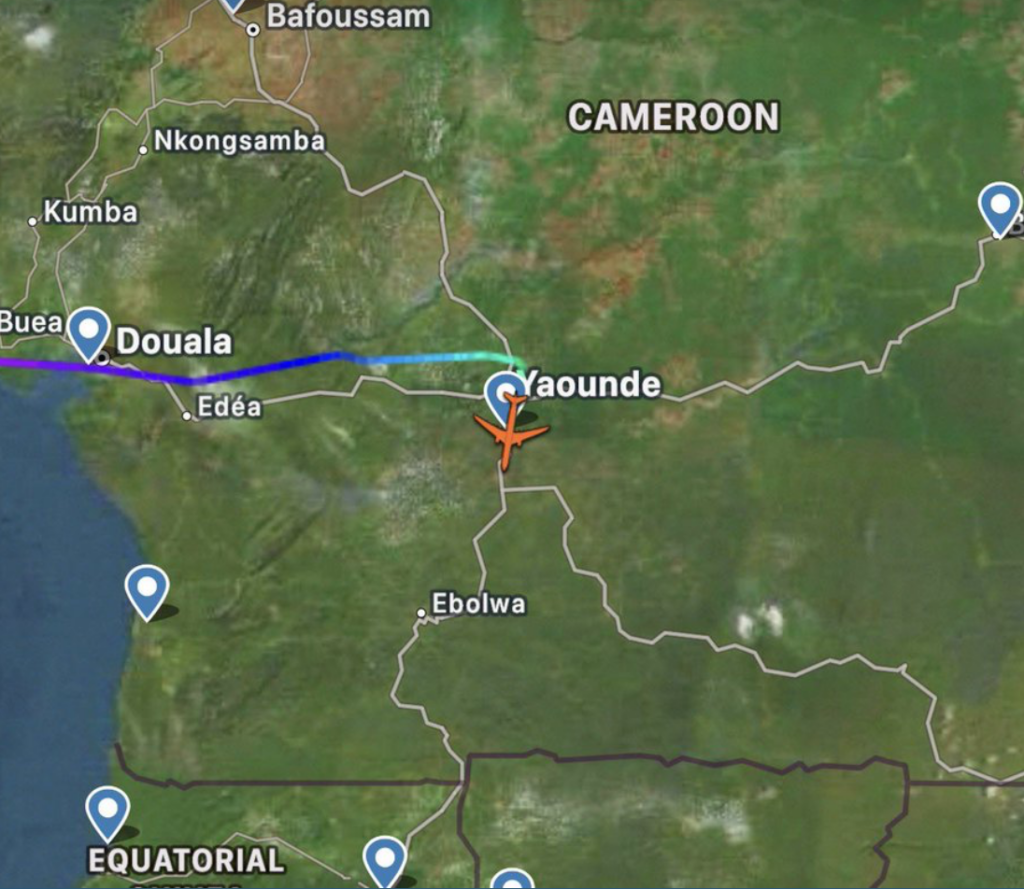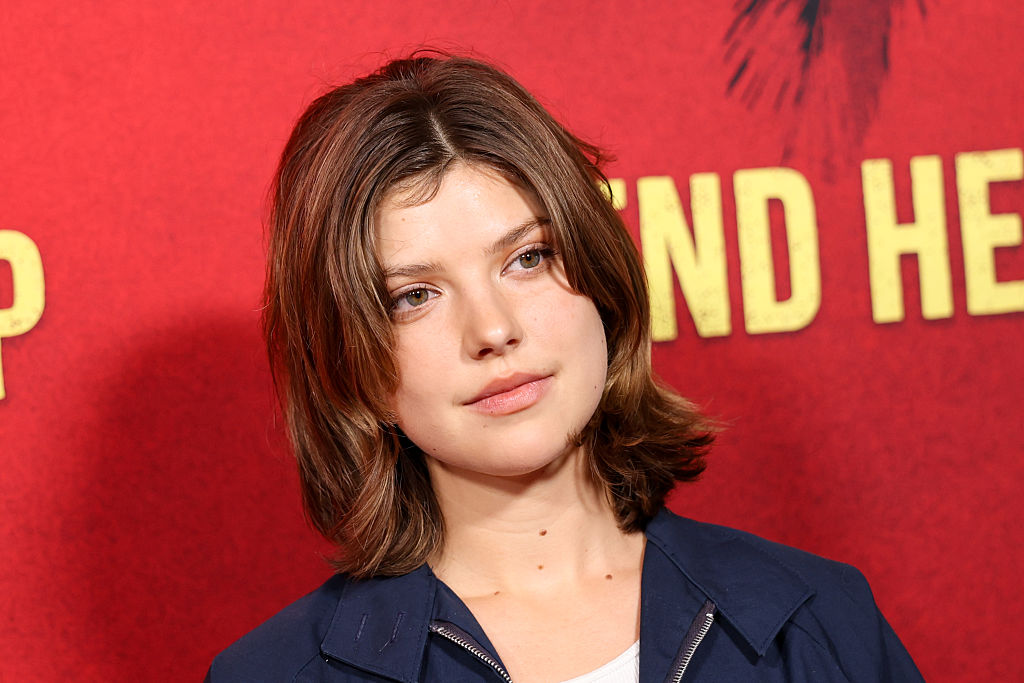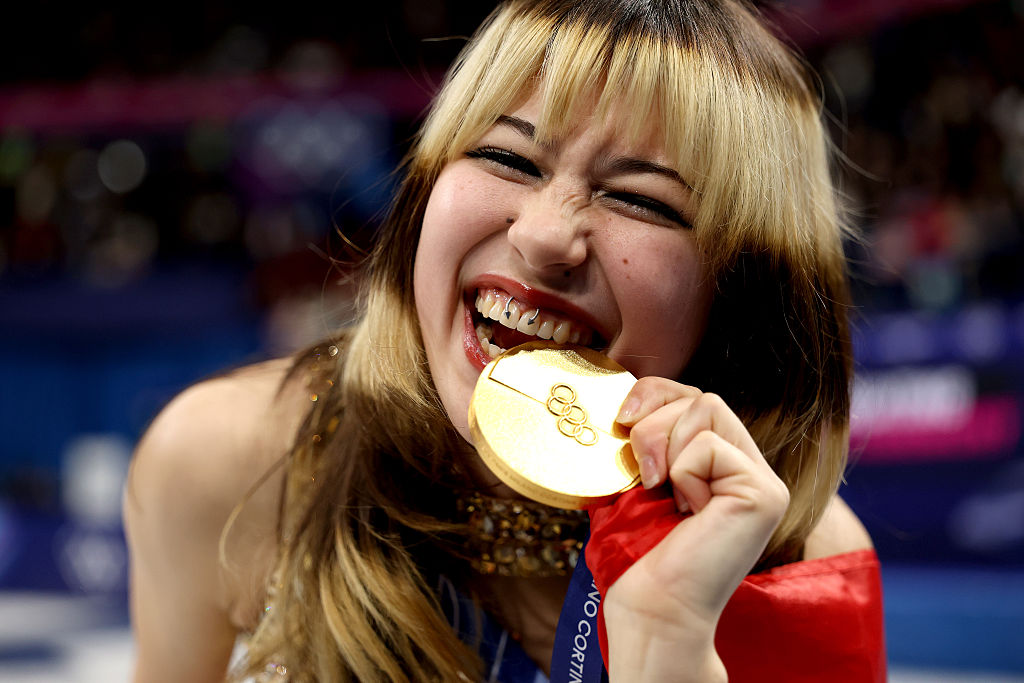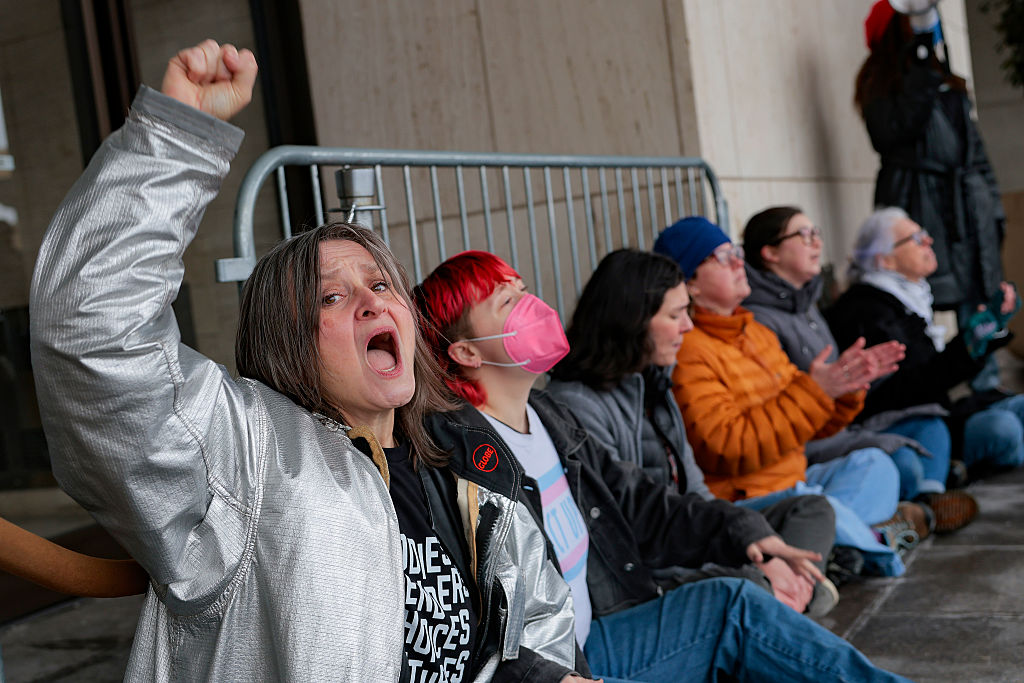From Russia, With Hate

Anti-gay Vladimir Putin oppresses LGBT Russians with new draconian laws
Since when did Russia—the birthplace of illustrious queers like Peter Tchaikovsky, Sergei Diaghilev and Rudolf Nureyev—become so zealously homophobic? In 2013, it appears. Although Russia and the erstwhile Soviet Union always had a faltering track record on tolerance, LGBT people in the Russian Federation have faced ever-increasing constraints on their rights in recent years.
This year, Russian premier Vladimir Putin’s government adopted and enacted legislation prohibiting the distribution of same-sex material, or “propaganda of non-traditional sexual relations” to minors. The anti-gay law also restricts free speech, imposing hefty fines for using television, radio, internet or other media that depict or promote non-heterosexual relationships. Putin also signed a statute banning foreign same-sex couples, and any couple from a nation with marriage equality, from adopting Russian children. LGBT rights groups are now among those facing fines under a law that obliges non-governmental organizations that accept funding from outside Russia to register as foreign agencies.
Human rights activist Lyudmila Alexeyeva denounced the so-called propaganda legislation as “a step toward the Middle Ages.” Other activists and international civil rights groups have decried the present situation in Russia as the most horrible human rights climate of the post-Soviet era. Meanwhile, an upsurge in homophobic sentiment in Russia has sparked several attacks on LGBT youths. These vicious assaults are carried out with impunity.
For what it’s worth, Putin’s castigatory anti-gay laws have met with fierce opposition, both inside and outside the republic, particularly with regard to Russia hosting the Winter Olympics in Sochi in 2014.
In July, author Dan Savage, LGBT rights advocate Cleve Jones and the activist group Queer Nation launched a “Dump Russian Vodka” campaign calling for a boycott of Stolichnaya and other Russian vodka brands. The movement has also urged an international boycott of the 2014 Winter Olympics.
However, LGBT rights advocates continue to be divided over boycotting the Olympics and rejecting Russian vodka in reaction to Russia’s anti-gay environment. Critics seem to believe that the boycotts will be ineffective and only further jeopardize Russian LGBTs. (Stolichnaya’s president Val Mendeleev said that the brand has been produced in Latvia since 1948, and that the company has long supported LGBT causes.)
Putin’s homophobic laws have also motivated a flurry of celebrity rebukes. In August, Wentworth Miller, former star of the Fox TV series Prison Break, not only came out in a letter to the St. Petersburg International Film Festival, but also declined his invitation to attend. Andy Cohen of Bravo said nyet to Miss Universe in Russia, citing the nation’s prejudiced policies toward LGBT people. George Takei, Stephen Fry and others have spoken out against Russia hosting next year’s Olympics. Out athletes, like champion diver Greg Louganis, have argued against a boycott.
Whether you agree with boycotting next year’s Olympics in Sochi or not, the safety of athletes and spectators is a real issue. According to the Human Rights Campaign, it is now officially on record that gay and lesbian athletes who compete in the Russian games, along with other LGBT visitors, will be at risk. In early August, Russian Sports Minister Vitaly Mutko refuted the International Olympic Committee’s claim that visiting LGBT athletes are exempt from the hateful laws. He declared that all LGBT athletes within Russian borders will be endangered during the 2014 Winter Olympics.
In other words, sports fans, you’ve been warned: if you’re queer and you’re here (visiting Russia), you may be imprisoned and deported.












